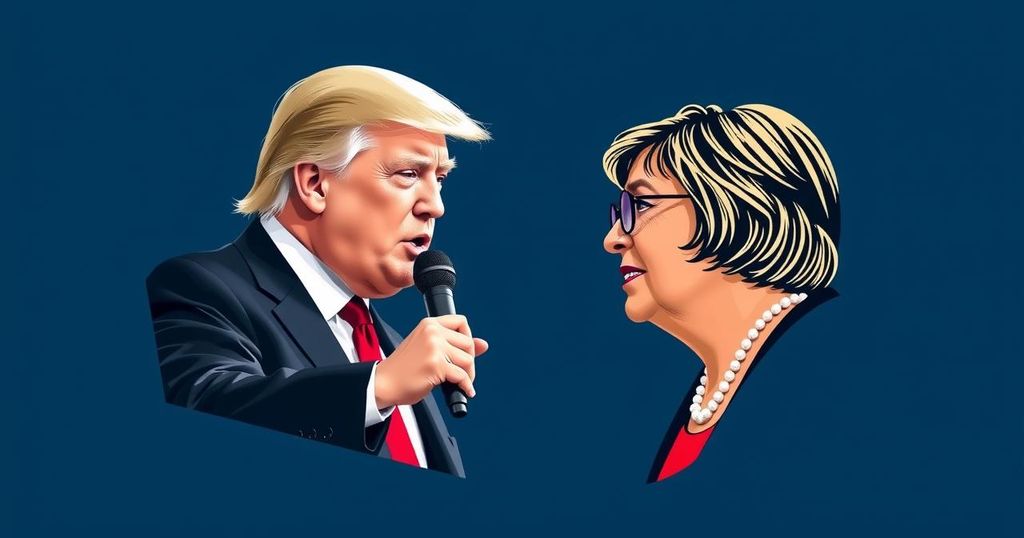The article examines the implications of a potential Trump victory in the U.S. election for American democracy and international relations. It highlights the deep societal divisions contributing to electoral outcomes and advocates for proactive diplomatic engagement by Australian Prime Minister Anthony Albanese with the U.S. to strengthen strategic partnerships and emphasize mutual benefits in trade and security within the Indo-Pacific region.
As the United States approaches a pivotal election, the very foundation of American democracy is about to be put to the test, with the electoral outcome poised to reflect deep societal divides. Support for the candidates is nearly evenly split across various demographic lines, including gender, race, and geographic regions, meaning voter turnout will be crucial in determining the victor. The divisions in American society are deeply entrenched and have left very few independents in the political landscape. Former president Donald Trump has skillfully tapped into the sentiments of Americans who feel marginalized and have lost trust in their institutions. They yearn for a restoration of a socio-economic order that reflects their values and preferences. The role of social media exacerbates these divisions, as culture wars intensify and discussions around immigration and political correctness surface. Many of Trump’s supporters dismiss the value of fighting for abstract ideals such as global order, prioritizing immediate national interests instead. They view him as an experienced deal-maker who embodies a certain chaos theory of foreign policy, believing that unpredictability might deter foreign adversaries. Trump’s rhetoric suggests that Taiwan and Ukraine would be managed under his presidency through strategic unpredictability and engagement with authoritarian figures. His mercantilist approach to trade underscores the necessity of reassessing international agreements to favor American interests, while also recognizing that some nations like Australia may be granted special considerations due to their strategic alliances. In the event of a Trump victory, it is imperative that Australian Prime Minister Anthony Albanese promptly visit Washington. Such a visit should be underpinned by consultations with key regional partners, such as Japan, to reinforce Australia’s strategic position. Australia must articulate the importance of a collaborative security architecture within the Indo-Pacific region to American interests, emphasizing how regional partnerships, such as AUKUS and the Quadrilateral Security Dialogue, can enhance American influence. Moreover, Australia must advocate for the significance of multilateral trade frameworks, especially in the context of rising competition from China. The resilience of regional alliances hinges on collective values rather than unilateral interests, highlighting the necessity for America to recognize the benefits of maintaining a global rules-based order, which ultimately serves its national security more effectively than solely relying on military might. Ultimately, Australia’s contributions to the international discourse on security and trade are vital, underscoring that not all wisdom resides within the confines of Washington. The future of international cooperation depends on an expansive understanding of shared values and mutual interests rather than isolationism.
The article discusses the potential political landscape following a possible re-election of Donald Trump, focusing on the implications for American democracy and international relations, particularly in connection with Australia’s foreign policy. It critiques the entrenched divisions within American society and Trump’s political strategy that appeals to certain voter bases. The piece emphasizes the significance of Australia’s relationship with the United States, and the importance of a swift diplomatic response from Australian leadership in anticipation of a Trump victory, stressing collaborative security and economic frameworks in the Indo-Pacific region.
In summary, the potential re-election of Donald Trump poses significant challenges and opportunities for international collaboration. It underscores the necessity for strong diplomatic engagement from allies like Australia, emphasizing mutual interests and reinforcing regional alliances to safeguard collective security and economic stability.
Original Source: www.theguardian.com






